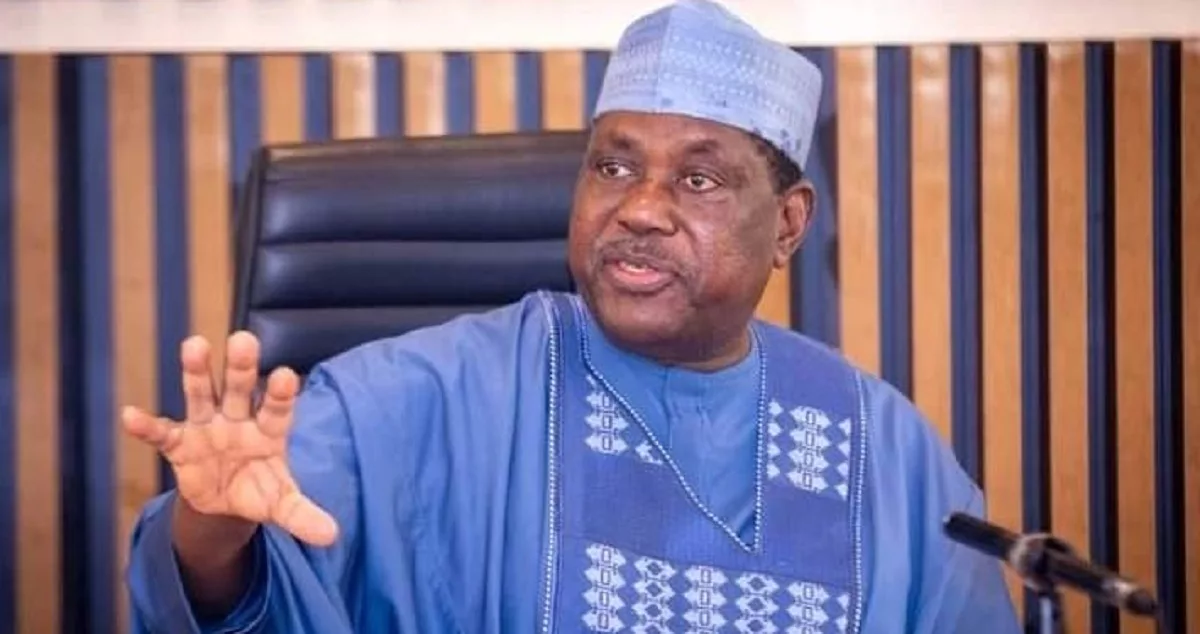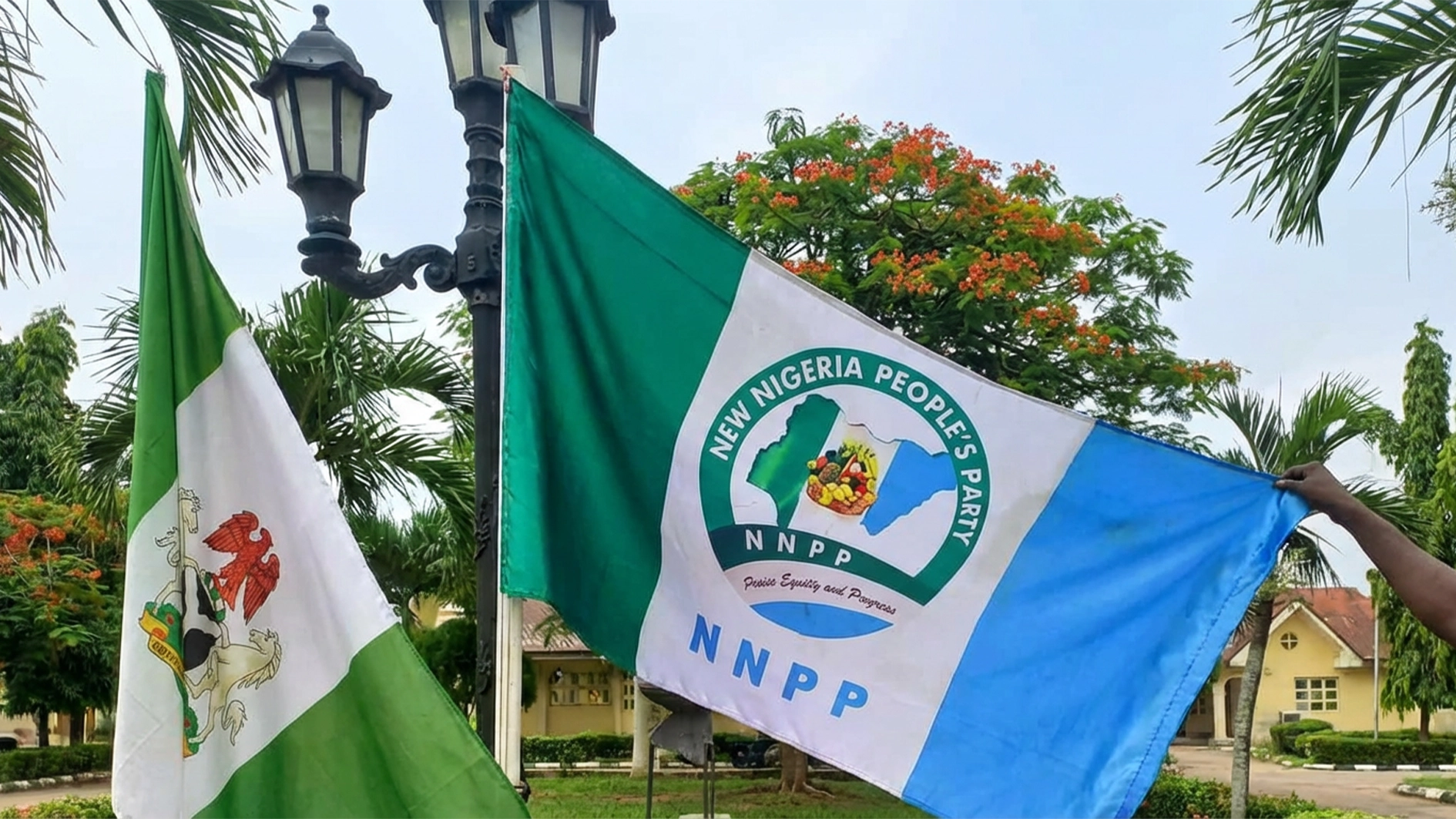THE Economic and Financial Crimes Commission (EFCC) is rolling out enhanced digital forensic tools, wider public education and stricter compliance systems to counter emerging economic crimes and boost productivity nationwide.
EFCC Chairman, Mr Olanipekun Olukoyede, was quoted in a statement on Sunday to have said this at the WorldStage Economic Summit 2025 in Lagos.
The theme of the conference was “Tackling the Issue of Low Productivity in Nigeria”.
According to Olukoyede, who was represented by Chief Superintendent of the EFCC, Mr Adeniran Adebayo, the approach is designed to help young entrepreneurs and established businesses navigate rising threats.
He identified such threats as cybercrime, cryptocurrency fraud and illicit trade financing, challenges that require both smarter enforcement and stronger prevention.
He noted that corruption was increasingly technology-driven and adaptive, requiring proactive action to protect investments and rebuild trust in Nigeria’s business environment.
Speaking on “Anti-Corruption Efforts of the EFCC to Boost the Ease of Doing Business in Nigeria”, Olukoyede described corruption not only as a moral and legal issue but also as an economic albatross that undermines productivity, discourages investment, and erodes public trust in institutions.
He stressed that every Naira lost to corruption translates to fewer schools, fewer hospitals, less infrastructure, and ultimately, fewer productive jobs.
He further noted that global investors actively avoid corruption-prone environments, as these conditions distort competition, raise business costs, and hinder innovation ultimately causing productivity to decline.
He explained that combating corruption requires more than law enforcement; it necessitates creating a fair, transparent, and efficient economic ecosystem where legitimate enterprises can thrive.
“Over the years, the EFCC has implemented consistent reforms and policies to play a more effective role in economic governance.
“Our mandate to investigate, prevent, and prosecute economic and financial crimes directly supports the ease of doing business and addresses the root causes of low productivity,” he said.
The EFCC boss explained that the commission had restructured its operations around prevention, investigation, and prosecution, collaborating with local and international organisations to enforce all laws and regulations related to economic and financial crimes.
He highlighted key anti-corruption initiatives that had strengthened entrepreneurship and improved Nigeria’s business environment.
“These initiatives includes the implementing compliance frameworks for businesses and collaborating with the Presidential Enabling Business Environment Council (PEBEC).
“The commission had also leveraged technology and data analytics, strengthened international partnerships, and recovered and restituted assets.
“EFCC has raised the bar on convictions and recovered assets worth billions of Naira. These funds are redirected toward social infrastructure, education, and other productive sectors. Each recovery signals that corruption will no longer be profitable in Nigeria,” he said.
Olukoyede also emphasised that promoting integrity was a key driver of productivity.
“A transparent business environment reduces uncertainty, encourages fair competition, attracts investment, and builds public trust the most valuable currency in any economy.
According to him, EFCC is a partner in progress, not an enemy of business, deploying all anti-corruption instruments to stimulate the economy while advocating ethical business practices as the foundation of sustainable prosperity.
“The commission engages the judiciary, the National Assembly, and civil society to ensure that anti-corruption reforms are institutionalised for long-term impact.
“Integrity must become a national culture. When businesses refuse to pay bribes, public servants reject inducements, and citizens demand accountability, we can collectively build a Nigeria where productivity thrives and poverty declines,” Olukoyede said.
The EFCC chairman lauded World Stage Ltd, organisers of the summit, for creating a platform that fosters dialogue, innovation, and collaboration between public and private sectors, driving economic growth and productivity.
Other speakers at the summit held at the Nigerian Exchange, Lagos, included Dr Olasupo Olusi, Managing Director/CEO, Bank of Industry (BoI) and Dr Abidemi Adegboye, a lecturer at the University of Lagos.






